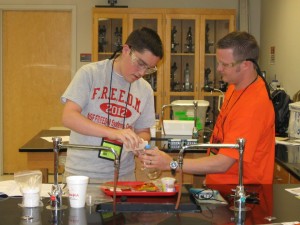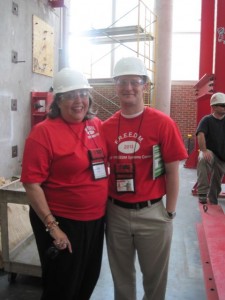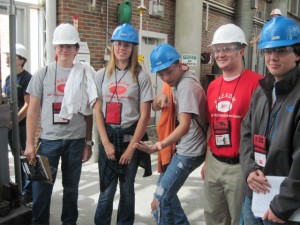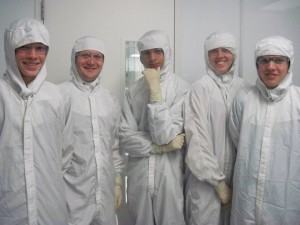While I have used the tablet for most of my technology needs because I have it, but also because schools typically use windows, there have also been issues of frustration. The tablet has been crucial in helping me try to flip and use more technology in my classroom presentations.
The Good: it is up to date for the most part. I have created a youtube page for some homework and studying help as well as some flipping to introduce new material. The page is nothing fancy but the fact that I started it and the students use it amazes me. The school system uses windows devices as well so most things can be easily transferred and used at school. So in preparation and research for instruction it has been great.
The Frustration: you can only use windows apps. Many of the apps that I have wanted to use to communicate with students and parents as well as use for instruction are not windows apps and the windows version is just not as widely used. There fore it is more difficult to use the tablet and easier to just use my phone for some items. This is probably the biggest issue is that I wanted to use it to connect and communicate as well as in instruction but it is not the best device because of the wide array of applications other products can use.
Overall the tablets have been great and has been very helpful in allowing me the opportunity to integrate more technology that I otherwise might not have done.




![TxqEM7vczZ7vdzsf6w9Uqf5i_1ghRqyDJOqBVYNfpFQ,047EIk8qd5W4IUJONWmPrQS4YvHBE0kmAKfzuSnxPP4[2]](http://kenanfellows.org/2014-bvoneitzen/wp-content/uploads/sites/128/2013/07/TxqEM7vczZ7vdzsf6w9Uqf5i_1ghRqyDJOqBVYNfpFQ047EIk8qd5W4IUJONWmPrQS4YvHBE0kmAKfzuSnxPP42-300x225.jpg)
![UrV-B0OyKCMxtTmzAjacOXnoHQ1ypQ_e3APi9Q2DqIg,vLJhwkgeRB1in63dSWc1x697uknr-67Qtas-vIdHNKY[1]](http://kenanfellows.org/2014-bvoneitzen/wp-content/uploads/sites/128/2013/07/UrV-B0OyKCMxtTmzAjacOXnoHQ1ypQ_e3APi9Q2DqIgvLJhwkgeRB1in63dSWc1x697uknr-67Qtas-vIdHNKY1-300x225.jpg)
